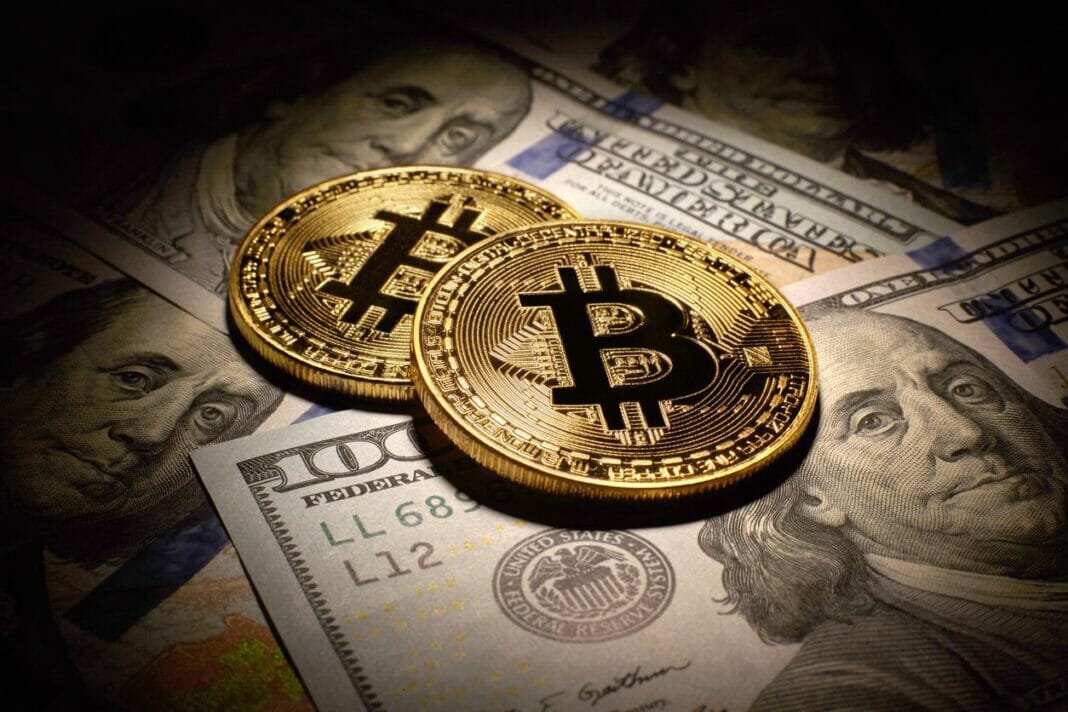Many Lebanese citizens use their cryptocurrency wallets to exchange USDT for US dollars with interested parties in person. Although using cryptocurrencies as a payment means is illegal, many companies publicly accept them because they see no other alternative.
Amid persistent hyperinflation since 2019, Lebanon is looking for a way out of its current economic crisis. The country views Bitcoin (BTC) and USDT, the stablecoin of Tether, as a solution to its financial problems.
Lebanon Is No Longer The Paris of the Middle East
Beirut, called The Paris of the Middle East after World War II, experienced a period of prosperity. Lebanon enjoyed a global reputation for its tax advantages and anonymity despite a deadly civil war from 1975 to 1990.
In 2010, a growing budget deficit in a post-war context gradually worsened that situation. Finally, Lebanon went into default in early 2020, a few months before the fatal explosion at the Port of Beirut.
Lebanon is undergoing 3-digit hyperinflation, as the Lebanese pound (LBP) has devalued by just over 26%. The United Nations estimates that the precarious situation has pushed 78% of Lebanese citizens below the poverty line.
Backed by various fiat currencies, the Lebanese pound had a fixed exchange rate of LBP 1,500 per US dollar for 25 years. However, its value rapidly decreased, currently trading at around LBP 40,000 per US dollar on the Lebanese black market.
Bitcoin and Altcoins Protect against Inflation, Generate Income, and Allow Saving
Amid severe economic difficulties, the population of Lebanon adopts cryptocurrencies out of necessity. Those assets allow citizens to store and transfer money even if their banking system is down.
The Litani River has enabled the deployment of local hydro-powered Bitcoin mining farms. In addition, that activity is one of the few sectors that allow obtaining income in US dollars instead of in local currency.
Since many Lebanese use their cryptocurrency wallets daily, those wanting to exchange USDT for US dollars have created Telegram groups. After agreeing on the amount to exchange, the two interested parties meet in person to carry out the transaction.
Although the Lebanese authorities prohibit using cryptocurrencies as a payment means, many companies publicly accept them. The devaluation of the national fiat currency has led them to realize that there is no alternative.
Lebanon is just one example of the growing interest in Bitcoin in countries where the national fiat currency has drastically depreciated. Since its use on the black market resists censorship, it will continue developing to take on fiat currencies destined to perish.
Bitcoin is trading at around USD 16,716 and has accumulated a 0.8% gain over the last 24 hours. While its daily trading volume is above USD 29.67 billion, its market capitalization is about USD 321.06 billion, according to CoinGecko.
Investors should research Bitcoin before buying it to learn about its all-time high, behavior, and possible future price. It is a matter of time before seeing where the market will take the pioneering cryptocurrency.
By Alexander Salazar











